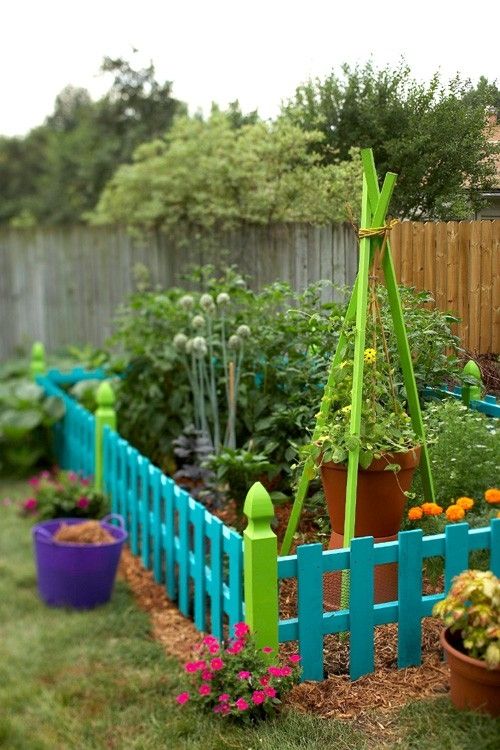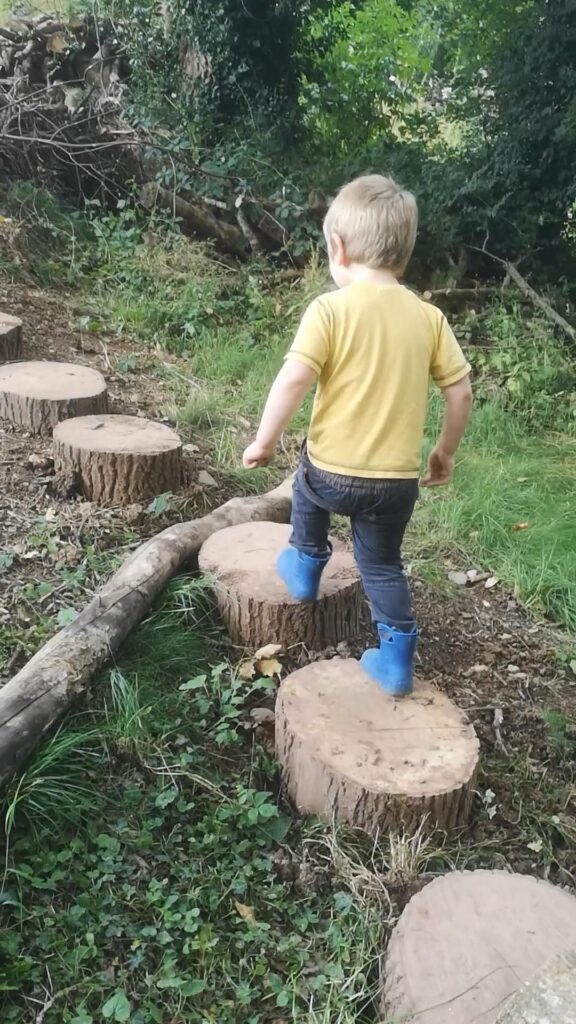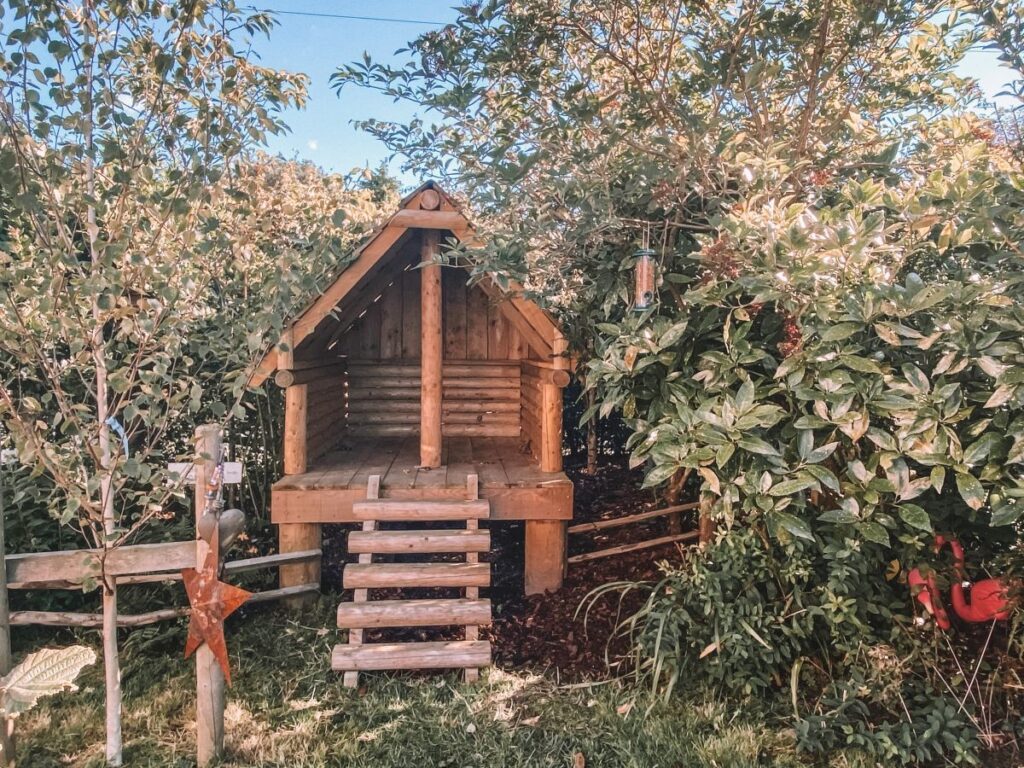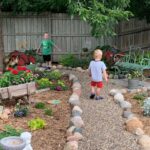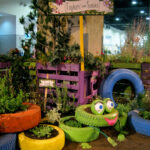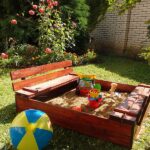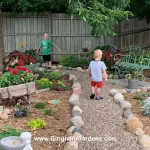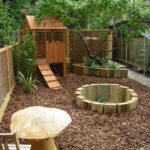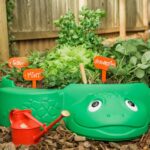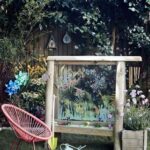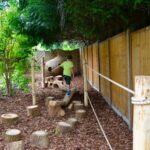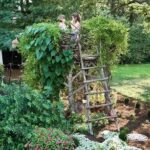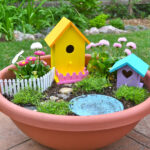Children’s gardens are a great way to get kids involved in nature and teach them important life skills. Creating a garden specifically designed for kids can provide them with a hands-on learning experience, develop their love for the environment, and teach them responsibility. Here are some ideas to help get you started on creating a fun and engaging children’s garden.
One idea for a children’s garden is to create a sensory garden. This type of garden includes plants that stimulate each of the senses – sight, smell, touch, taste, and sound. Children can explore the different textures, smells, colors, and sounds of the plants in the garden, which can help them learn about the natural world in a fun and interactive way.
Another great idea for a children’s garden is to include a vegetable or herb garden. This can teach kids about where their food comes from and the importance of eating fresh, healthy produce. Kids can help plant, water, and harvest the vegetables and herbs, giving them a sense of accomplishment and pride in what they have grown.
A butterfly garden is another fun and educational idea for a children’s garden. Planting flowers that attract butterflies can teach kids about the life cycle of these beautiful insects and the importance of pollinators in our ecosystem. Children can observe the butterflies as they visit the garden and learn about the different species that live in their area.
Creating a fairy garden can spark a child’s imagination and creativity. Kids can create miniature houses, furniture, and decorations for the garden to attract fairies and other magical creatures. This can encourage kids to spend more time outside, using their imagination and creativity to create a magical world in their own backyard.
An animal habitat garden is another great idea for a children’s garden. Kids can create a space that attracts wildlife such as birds, bees, and insects by planting native flowers and providing food and water sources. This can help kids learn about the importance of biodiversity and how different species interact with each other in their environment.
Finally, a themed garden can provide a fun and engaging way for kids to learn about different cultures, time periods, or topics. Kids can help design and create a garden based on a theme of their choice, such as a dinosaur garden, a medieval garden, or a jungle garden. This can help kids develop their research skills, creativity, and knowledge of different subjects while having fun in the garden.
